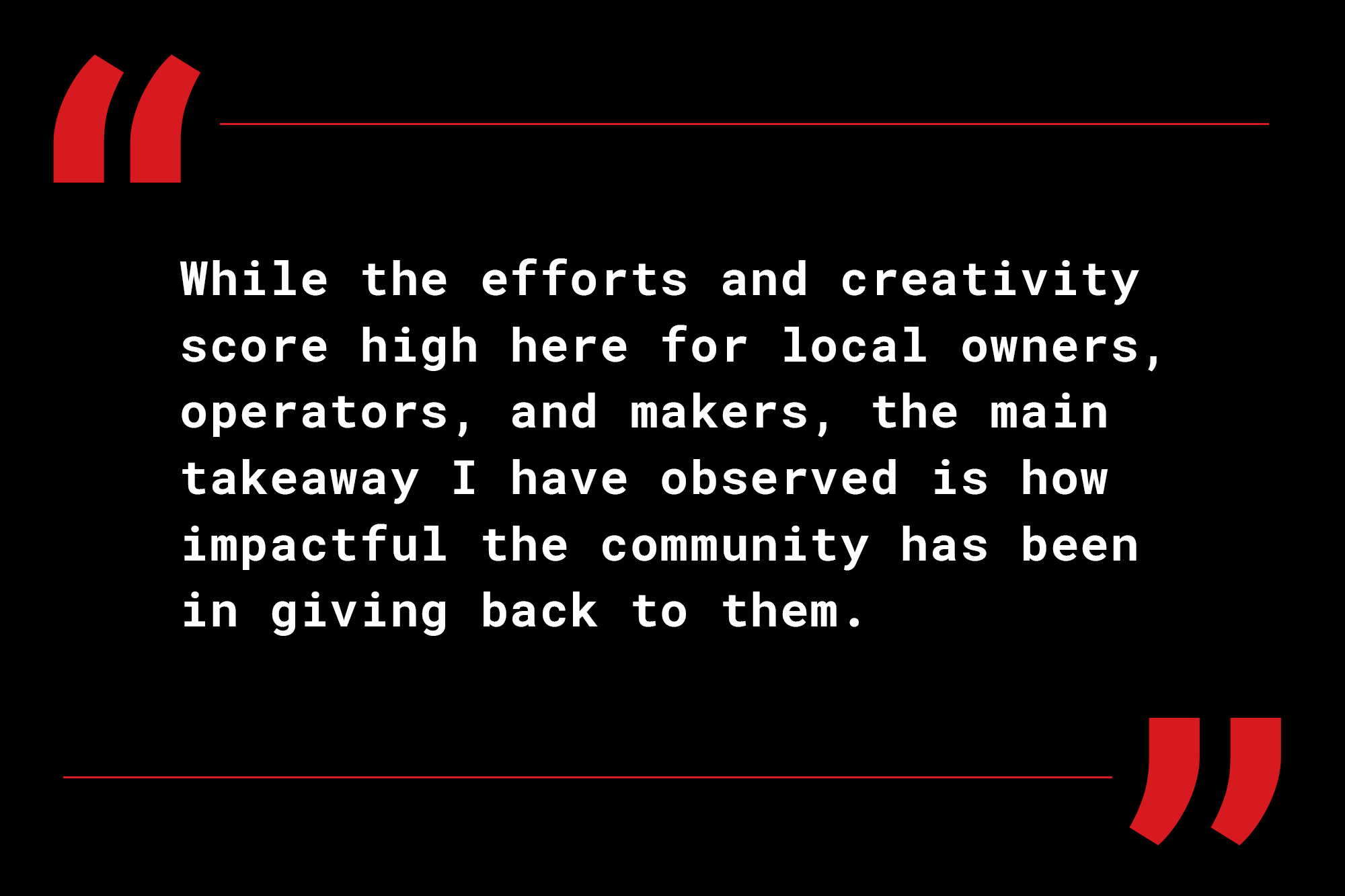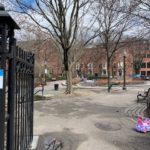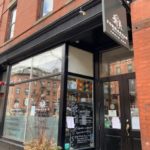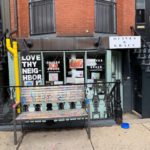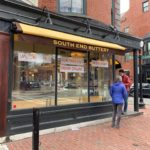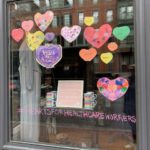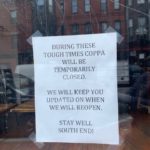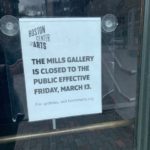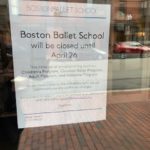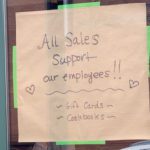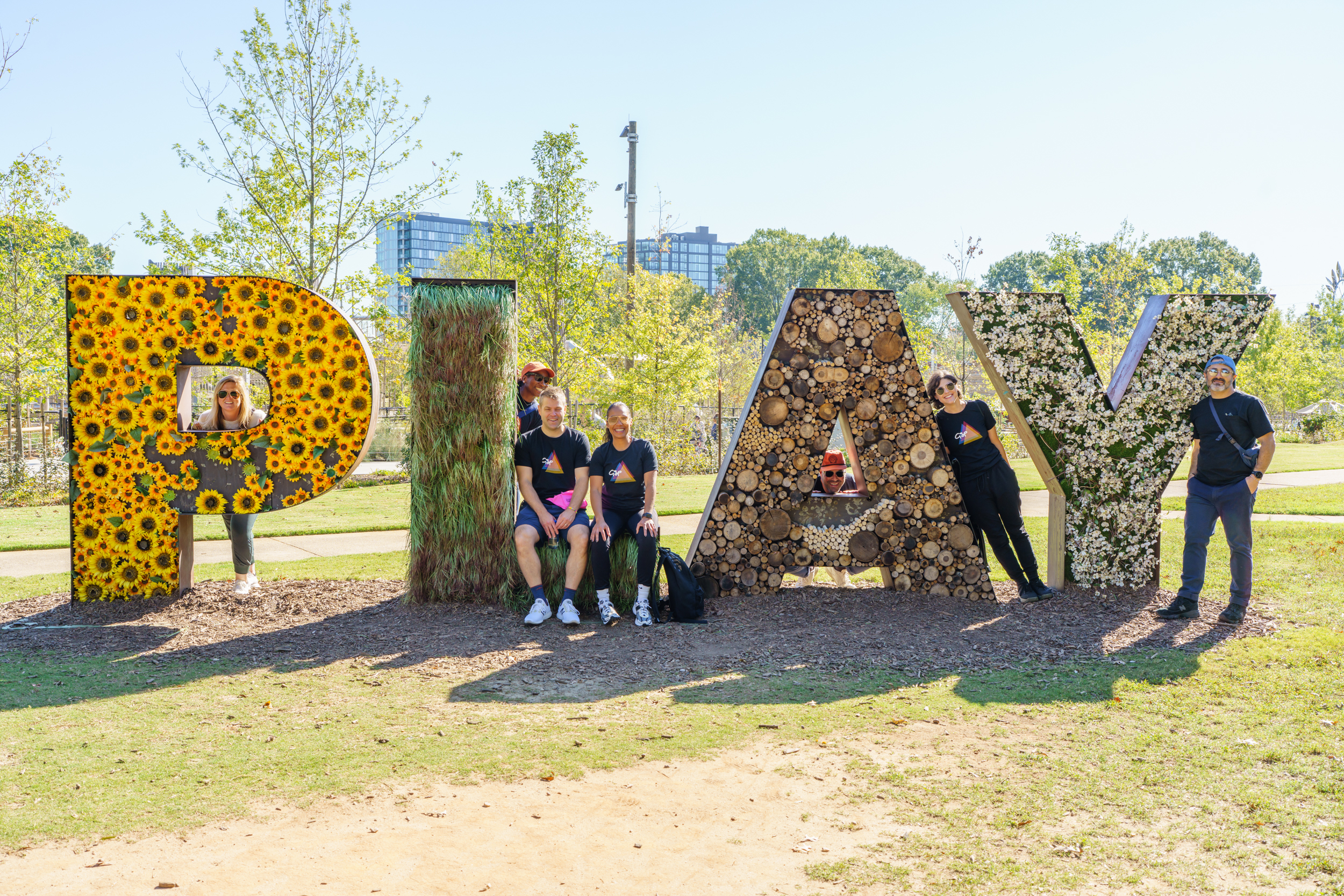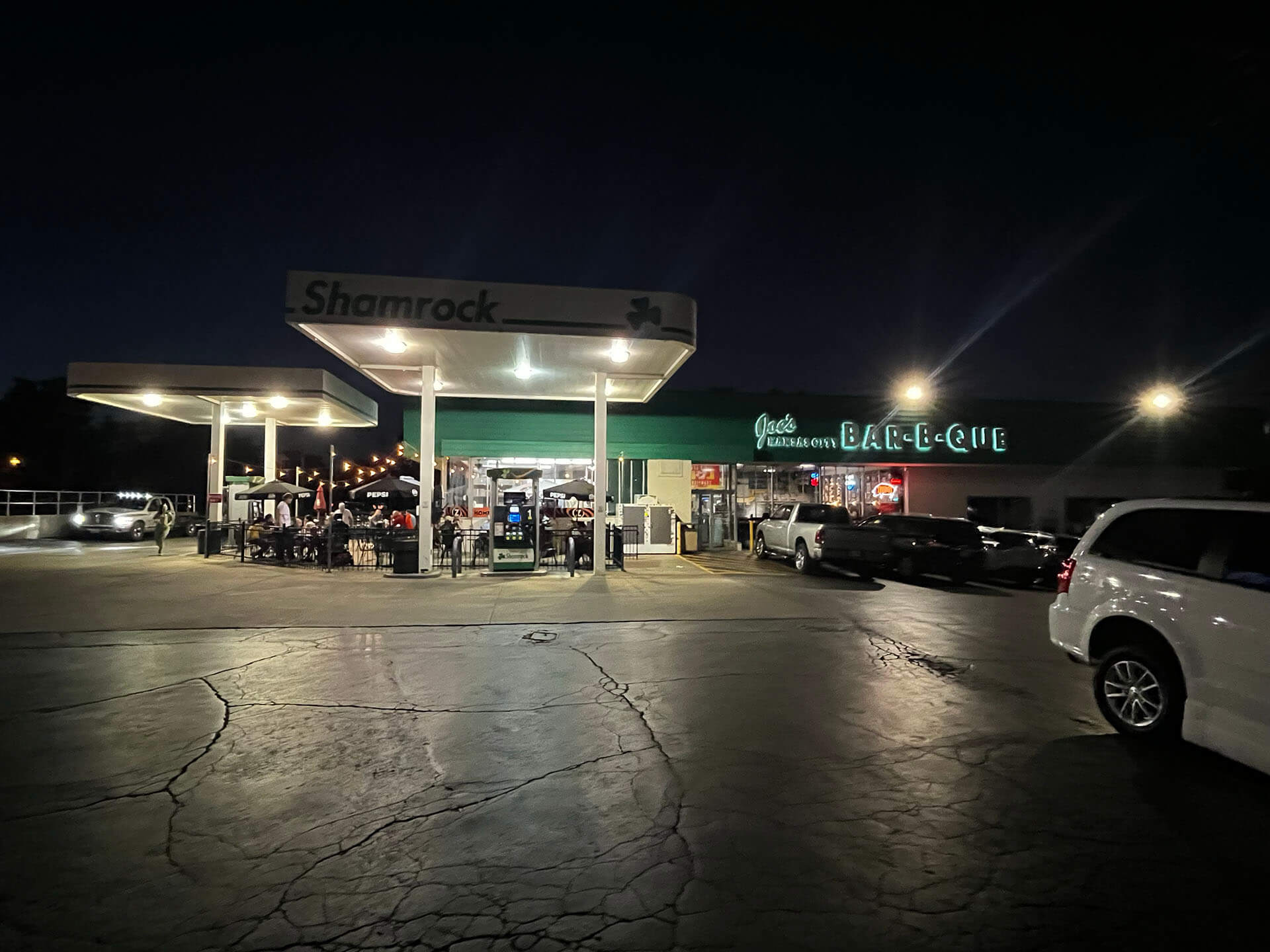Love Thy Neighbor: A Current Snapshot of the South End
Since it became established in the late 1800’s, the South End neighborhood of Boston has been home to a vast array of race, religion, age, socio-economic levels, and sexual orientation. In the 1880’s it was comprised of Irish, Greeks, Lebanese, African-Americans, and a larger Jewish population settling here from their home countries. In the 1930’s, there was an uptick in Canadians moving into the neighborhood. After WWII, a large LGBTQ population was created in the South End due to the same-sex rooming houses that were there, which created a safe-haven for this demographic. And in the 1950’s, the growing following of the Cathedral of the Holy Cross attracted a Hispanic demographic to land in the neighborhood.
Today, despite headlines of soaring real estate prices and bougie coffee shops (which, don’t get me wrong, both very much exist here), the South End has maintained this historical diversity of its residents with 55% of its population being Caucasian, the median income being $58,000, 23% having a family comprised of a husband and wife couple, and so forth. Perhaps one of the larger demographics to have changed over the years is the increase in young children – with just over 10% of the population being under the age of 10.
Why do I mention these stats today? Because the South End’s existence was born from community. For over a century it has created a strong and lasting sense of safety, inclusivity, family, and opportunity amongst its residents. It has fostered growth, expression, and culture.
Therefore, it is no surprise that the commercial pillars that define this neighborhood are comprised of the food & beverage establishments, local businesses, non-profits, artist galleries and the performing arts. All of which have been hit hardest by COVID-19.
The importance of protecting and promoting the success of these local shops and establishments has also been a part of the neighborhood’s history. Whether it be through the South End Strolls, neighborhood festivals/block parties, the Pride parade, South End Food Crawls, SoWa open markets and festivals, or establishing the South End Local Shopping Card with a rewards program, there is no shortage of ways to support these businesses and the people in the community.
In fact, it has created a stronger loyalty and connection to the community by offering patrons authentic and direct ways to support the people behind the counter on a regular basis. It is relationship-driven. It’s an emotional investment. It’s part of both the owner’s and the patron’s livelihood.
There are:
- 87+ F&B establishments
- 5 Hotels/Inns
- 125+ locally owned businesses/shops
- 145+ artist studios/galleries
- 4 Performing arts theaters
- 11 Parks and playgrounds (the most of any Boston neighborhood on a per SF basis)
Only a couple weeks ago, COVID-19 shut down all of these establishments and venues. Businesses as we all knew them were forced to close completely, partially, or create different revenue streams to financially weather the storm, which required adopting a completely new business model. This news, of course, is no different than the majority of places – except for that the South End is defined by the small and the local; the arts; the makers. The groups hit the hardest by the pandemic. The groups that create, protect, and uplift their community.
So, what are some things that these businesses are doing to get through these times? Here’s a snapshot of some examples:
- GTI (landlord of majority buildings housing gallery space and studios) – slashing rents
- Urban Grape – delivery and online wine consultations and classes
- Tadpole – personal online shopping appointments, workshops, and gift box curation
- Little Groove – online music classes for children
- The Butcher Shop / B&G Oysters – bake sale, takeaway, and cookbook sales with all proceeds going to employees
- Delux – Venmo account posted on door with all proceeds to employees
- Formaggio – delivery and gift box curation
- Pine Street Inn and Haley Henry Houses – receiving donated food shipments
- GardenMoms – online group of 2,500+ members for parents offering consultations, workshops, and classes
- Black Jack Pasta – giving students of Cathedral High School free meals daily
- Coppa partners Jamie Bisonette and Ken Oringer offering personal chef services for small groups. Buy tickets now to support employees and they will cook later when it’s safe.
- Olives & Grace – gift certificates, gift box curation, children’s art project showcasing drawings done by local littles in her storefront that show what “community” means to them.
- Almost all of the F&B and retail tenants are offering gift certificates and takeout/delivery services.
Additionally, at 7pm every evening there is a neighborhood sing-a-long hosted by a resident on Shawmut Street. This may not sound like much, but the popularity of joining those singing 6’ apart in the street or virtually (across MA, and beyond), has grown tremendously – underscoring the healing and unifying feeling of music to lift spirits and provide human connection.
While the efforts and creativity score high here for local owners, operators, and makers, the main takeaway I have observed is how impactful the community has been in giving back to them. There are lines (appropriately spaced out) down streets for takeout. Gift certificates are being purchased, sometimes at $1000 a pop. Gift boxes are flying off the shelf keeping employees incredibly busy. Online classes and workshops are running around the clock. Social media dialogues have never felt more connected. Food donations and volunteers to help the homeless shelters are streaming in. GoFundMe, Venmo, and other fundraisers continue to increase in support of employees.
Of course, we are far from being out of the COVID-19 woods, and we likely won’t see any sort of recovery from most retail/restaurant tenants in the next several months. These new norms and revenue streams are not going away any time soon – and for some, will remain for good and make these businesses stronger in the long-term.
The reality is that the patrons and residents of the South End will need to continue their support to protect their local establishments – the fabric of where they live. They will need to give back to those who made it a special place. And through that, they will hopefully be able to preserve the legacy of culture, expression, and family out of which this little 300-acre nook of Boston was born.
